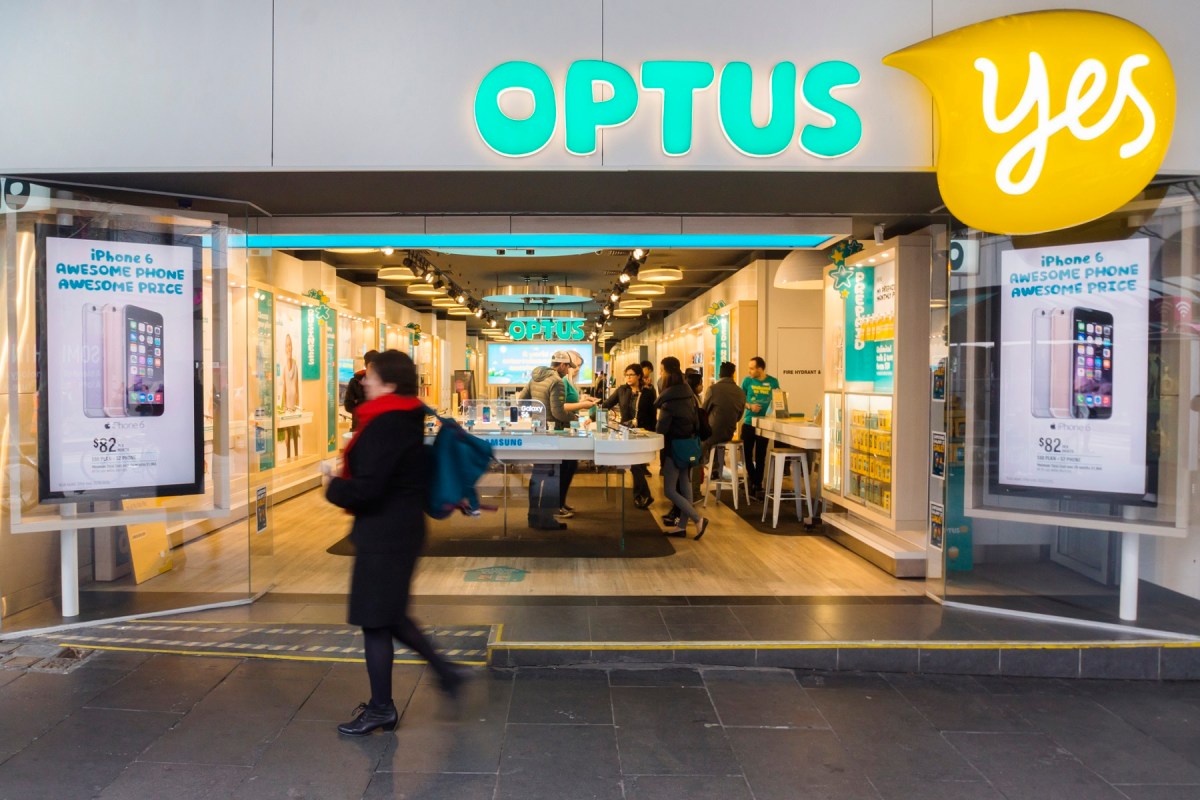There has been no bigger business story in recent weeks than Optus’ cybersecurity incident. The reputational and financial damage Optus will suffer – having seen the personal details of millions of customers compromised – will be substantial. Privacy breaches, big or small, are significant and in the worst case scenario, can be the end of the business in question.
With ecommerce booming and millions of digital-first Australians engaging with thousands of retail businesses online, the risk of a privacy breach is becoming more and more prevalent. Indeed, the Australian Cyber Security Commission (ACSC) responded to over 67,500 cybercrime reports in the last financial year – an increase of nearly 13% from the previous year. That equates to one report of a cyber attack every eight minutes.
More concerning still, Zoho data reveals that just one third (35%) of small businesses – many in the retail industry – currently have a defined, documented and enforced policy regarding personal data collected, used and disclosed through their business. One in four (27%) businesses either don’t have a privacy policy or don’t know if they do, while 38% have an informal or unenforced policy. One in three (33%) are entirely unaware that tracking occurs via cookies in their business in the first place, and a further 32% are aware that it happens but do not communicate it to their customers.
As retail’s peak season approaches, the stakes have never been higher. The best customer experience you can provide, starts with protecting your customers behind the scenes. So how can this be done?
Only keep the data you need
One of the biggest questions that has come out off the back of the recent Optus hacking is why the organisation held onto all of its customers’ data, such as license numbers and passport details. Understandably, Optus needed this information as part of its customer verification process, but the information had no need once it had been verified.
Businesses, across all industries, including retail, must understand what customer data is crucial to delivering seamless and personalised experiences and remove the rest. Retailers must only hold onto customer data that will add value to the customers experience and help drive loyalty and engagement. Removing unnecessary customer data can help minimise the impact of data breaches if they do occur.
Distribute the storage of data
Another issue that has arisen in recent weeks is the storage of millions of customers’ data all in one place. No business or individual sets out to be hacked, but in reality, hackers and scammers are becoming increasingly sophisticated. By not storing all of your customers data in the one place adds another layer of security to protecting sensitive data.
For example, if a hacker were to gain access into one section of your business and get their hands on customer data, instead of giving them access to all of your customers’ personal details, they will only be able to access a portion of it. This can save the organisation time in notifying customers and coming up with a resolution. It also gives retailers time to identify issues in their cybersecurity processes and fix them before too much information can be leaked.
Invest in the right cybersecurity
Retailers, regardless of the size, must invest in the right cybersecurity to protect sensitive information. Whether it’s collecting data from customers or storing personal information, safeguarding data is imperative to not only keeping it safe from hackers but also building trust among consumers.
Trust is hard to gain and easy to lose, so it’s important that retailers do all they can to protect their customers’ data. Zoho’s integrated technology stack – which contains everything from ecommerce and data analytics to finance and marketing – has privacy built in as standard, not a peripheral add-on. That means retailers and their customers can build trust and feel the full benefits of ecommerce and digital transformation in a safe and secure place.
Regardless of how prepared you are, hackers can still attack at any time. However, the more prepared you are, the better chance you have of protecting your customers’ data. Investing in the right cybersecurity tools and technology is key to success and a recipe for keeping your businesses sensitive information and customer data safe and secure – both during peak season and long after it.
Vijay Sundaram is chief strategy officer at Zoho.

